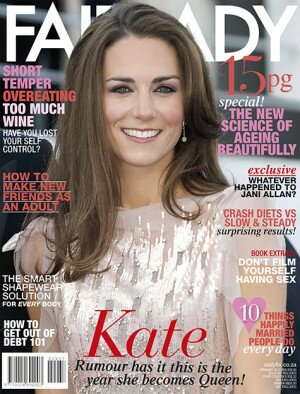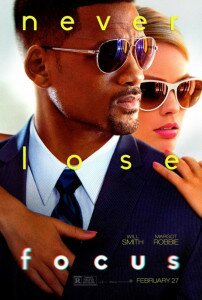-
One-On-One With Jodi Picoult
We caught up with the best-selling author on her South African book tour
22 January 2015
Leaving Time follows a teenager, Jenna, as she attempts to find out what happened to her mother Alice (an elephant researcher) who disappeared a decade earlier.
How did you research Alice’s profession, which mostly takes place in the Tuli block (an area between Botswana, South Africa and Zimbabwe)?
I went there myself. I needed to learn about elephants, so I contacted my South African publicist who put me in touch with an elephant researcher, Jeanetta Selier who’s studied elephants in the Tuli block for about twenty years. Every story about an elephant in Leaving Time is something I witnessed there, something Jeanetta saw, or something that came from the Hohenwald elephant sanctuary, the other part of my research, in Tennessee.Of all animals, why did you choose elephants?
When I started planning this book, my youngest daughter was going to university and I was going to be left as an empty nester – I was very thrown by that. I read in a magazine that in the wild, mother and daughter elephants stay together their whole lives, and I thought, ‘Well, that’s more humane – we should do it that way!’ I realised if I wanted to write about what it means to be left behind and about a mother and a daughter, I could wrap it up in an elephant metaphor.Your books tend to focus on familial relationships, what draws you to these connections?
I find family relationships fascinating. There are so many permutations within a family, so many different ways relationships can evolve, making families very strong or very weak. I really love putting ordinary people into extraordinary situations.How do you create the mysteries and puzzles that are at the centre of your books?
My books tend to centre on a morality issue. You don’t want to hit your reader over the head, because they’ll stop reading. Nobody wants to be told what to think. There’s always a temptation to tell everything in chapter one – but would be a very short book. One of the ways I get around this is to write with multiple narrators because one character might have information that another doesn’t. So the reader might be learning at the speed of one narrator but the other one holds all the cards. The other lovely wrench to throw in is to have an unreliable narrator. You get your reader hooked and then they realise the narrator hasn’t been telling the truth.What are you working on now?
When I go back home, I’ll start working on my next adult book about racism in the US. South African readers will next see the sequel to my young-adult novel Between The Lines that I co-wrote with my daughter Samantha, Off The Page.What are you currently reading?
You Could Be Home By Now by Tracy Manaster.Leaving Time is now available at all major bookstores.
Words: Jessica Manim
Images: Supplied













